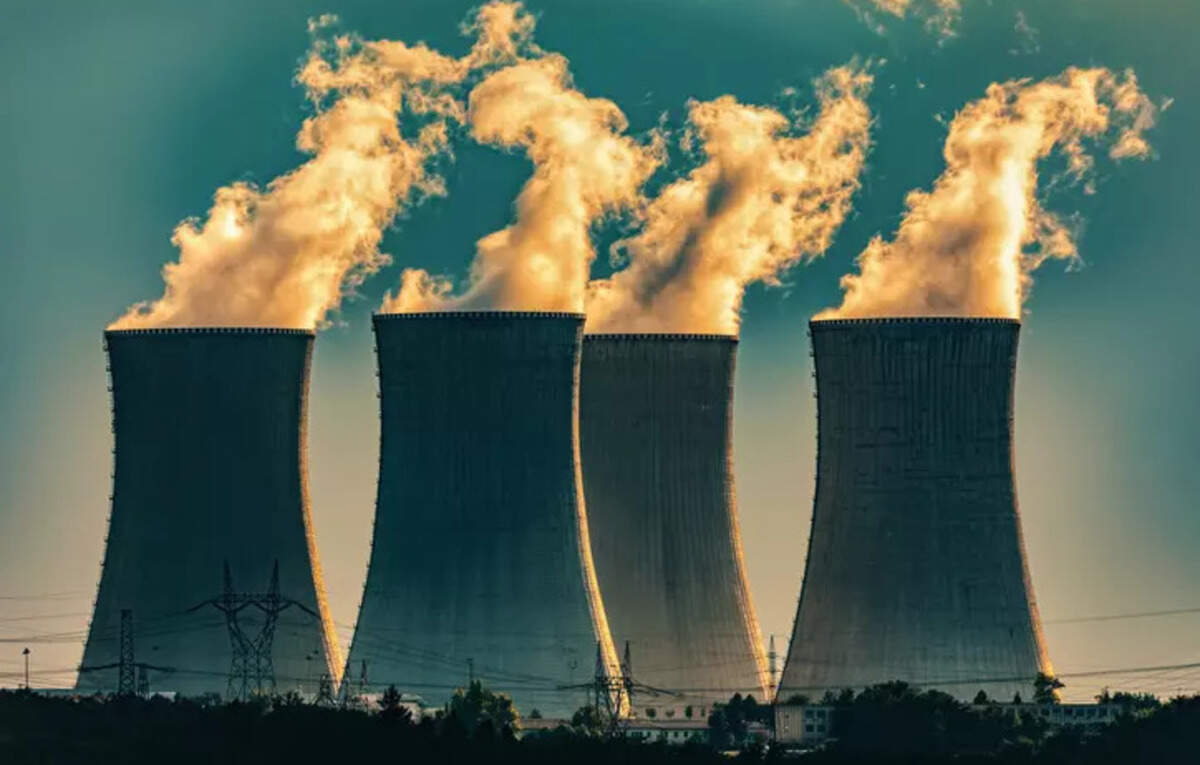- Views: 384
- Replies: 2

India is taking major strides towards a cleaner future with a two-pronged approach. Firstly, the government is aggressively expanding its renewable energy capacity, aiming to meet 50% of its electricity needs from sources like solar, wind, and hydropower by 2030. This marks a significant shift away from fossil fuels.
Alongside renewables, India is embracing nuclear power to achieve its ambitious goal of net-zero emissions by 2070. The Nuclear Power Corporation of India (NPCIL) currently operates 23 reactors with a combined capacity of 7480 MW. Nine additional units with a capacity of 7500 MW, including the upcoming KAPP-4 reactor, are under construction to further expand this sector.
In a historic move, the government is inviting private companies to invest an estimated $26 billion in nuclear power generation. This marks India's first foray into private participation in this sector. Over the past year, the Department of Atomic Energy and NPCIL have actively engaged with private companies. Reports suggest at least five firms are in talks, including Reliance Industries, Tata Power, Adani Power, and Vedanta. Each potential player is expected to contribute approximately $5.5 billion towards nuclear capacity expansion.
India's combined focus on renewable energy and private investment in nuclear power demonstrates a comprehensive approach to its clean energy goals, paving the way for a more sustainable and secure energy future.



